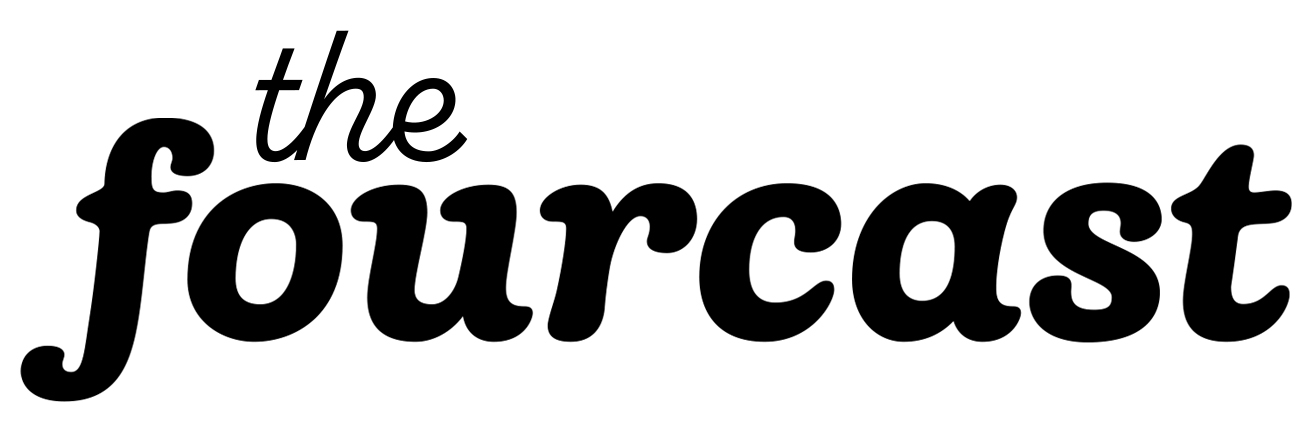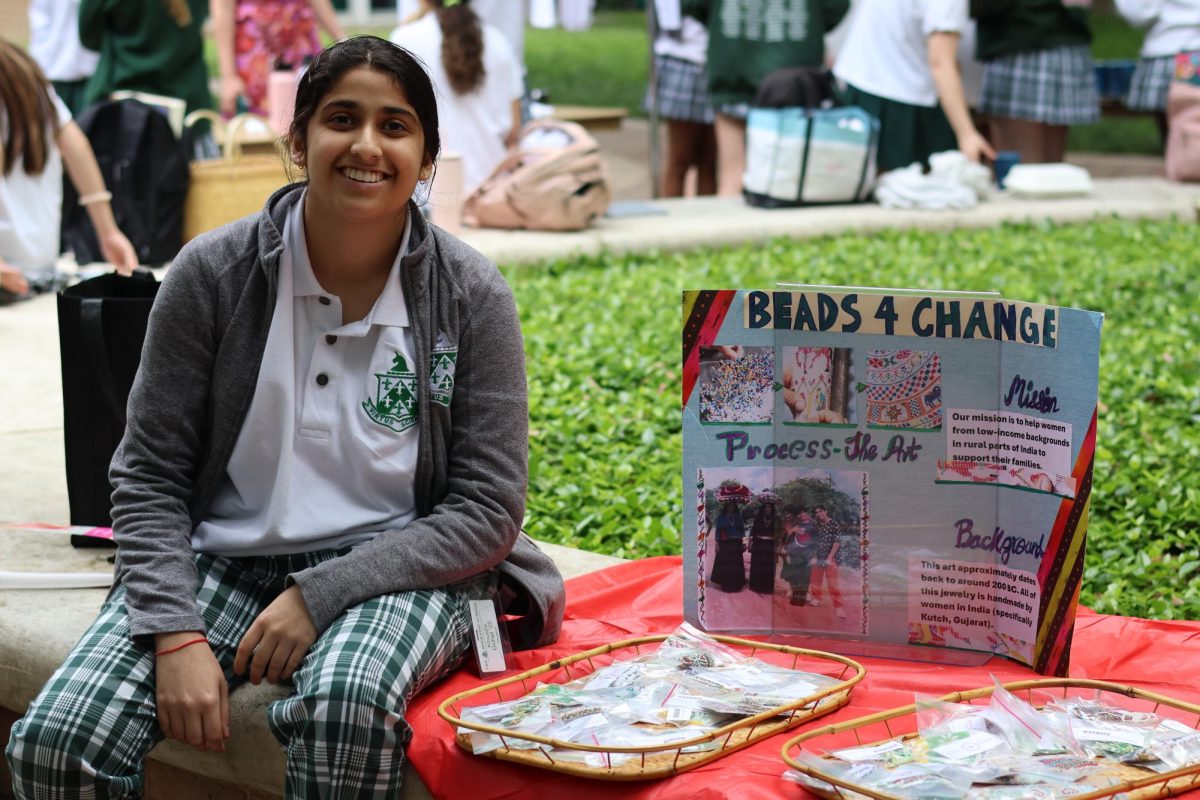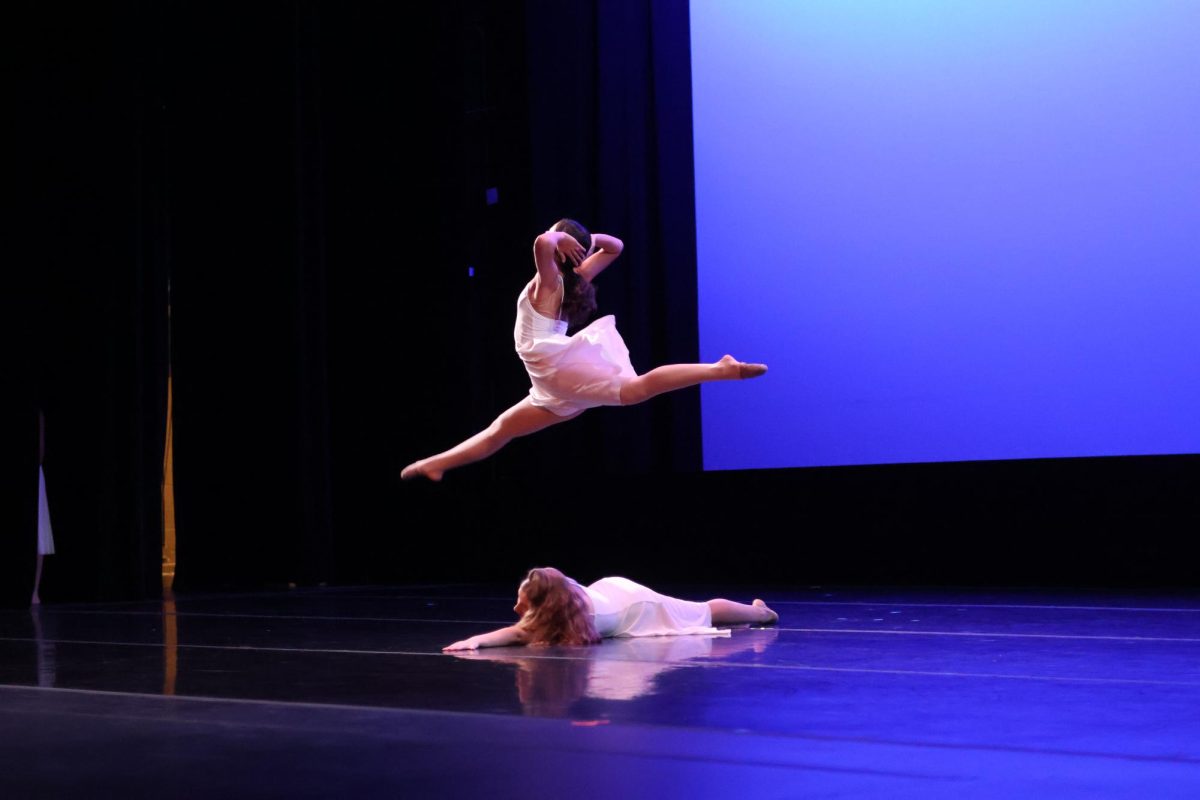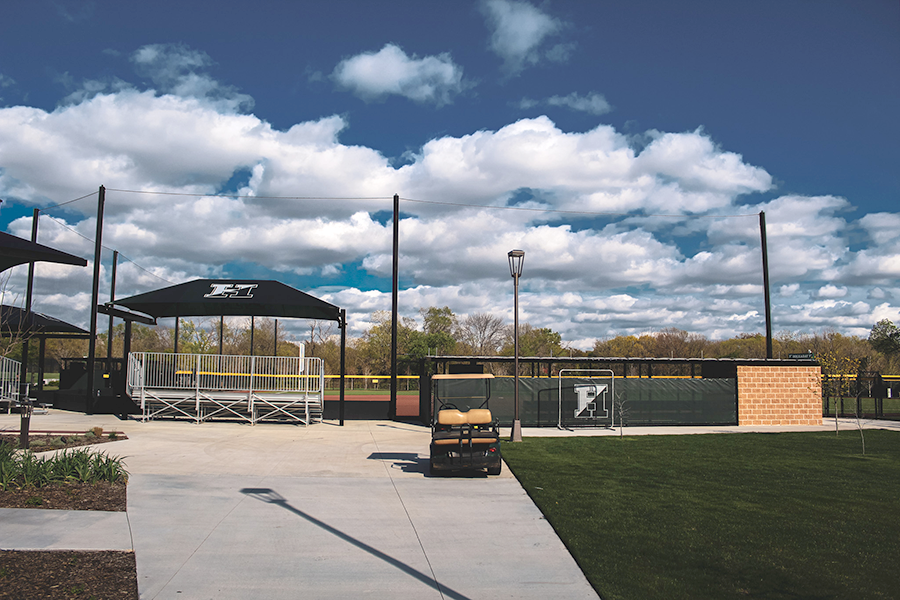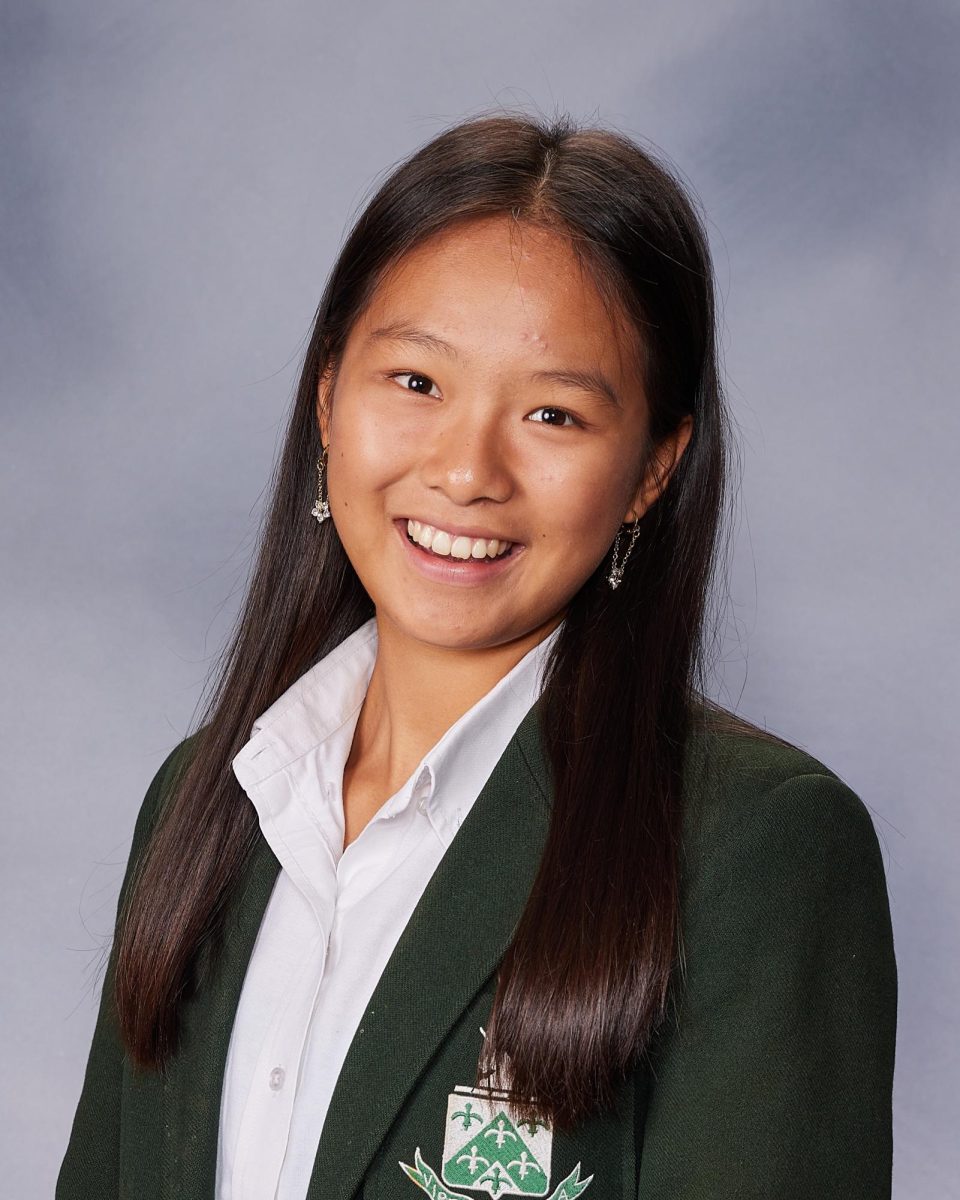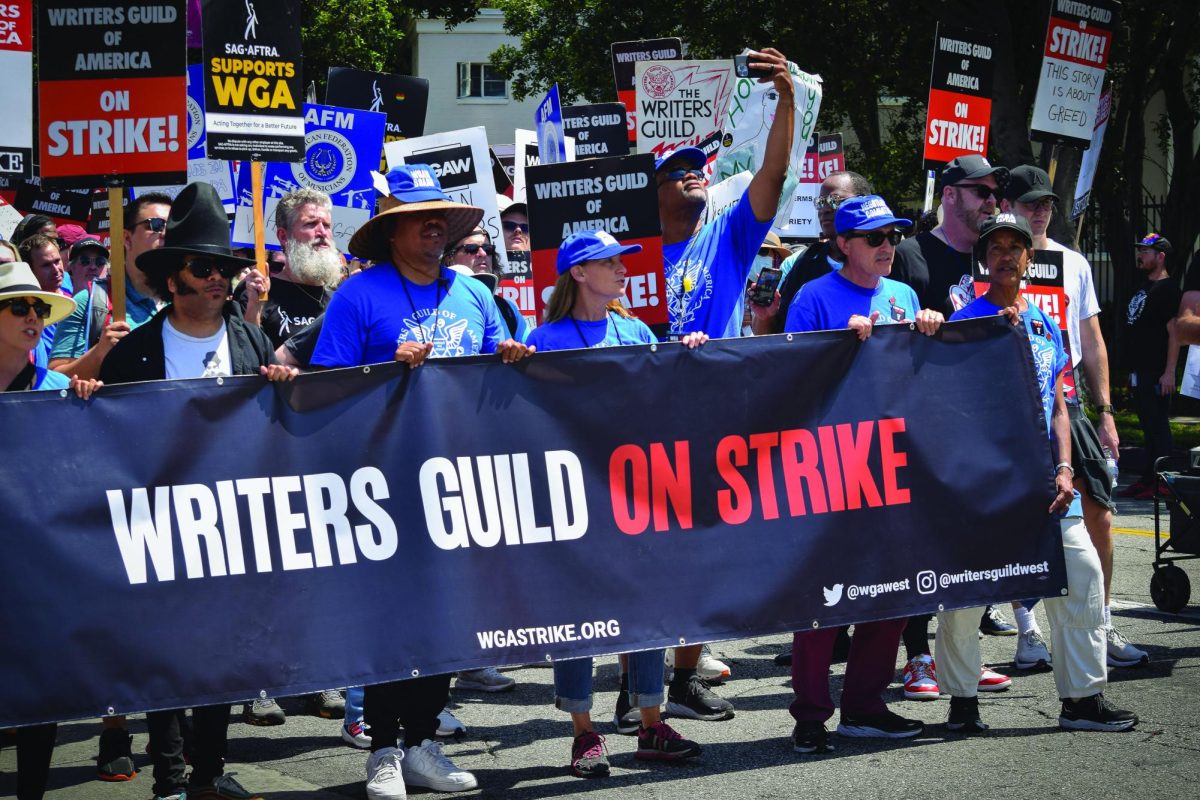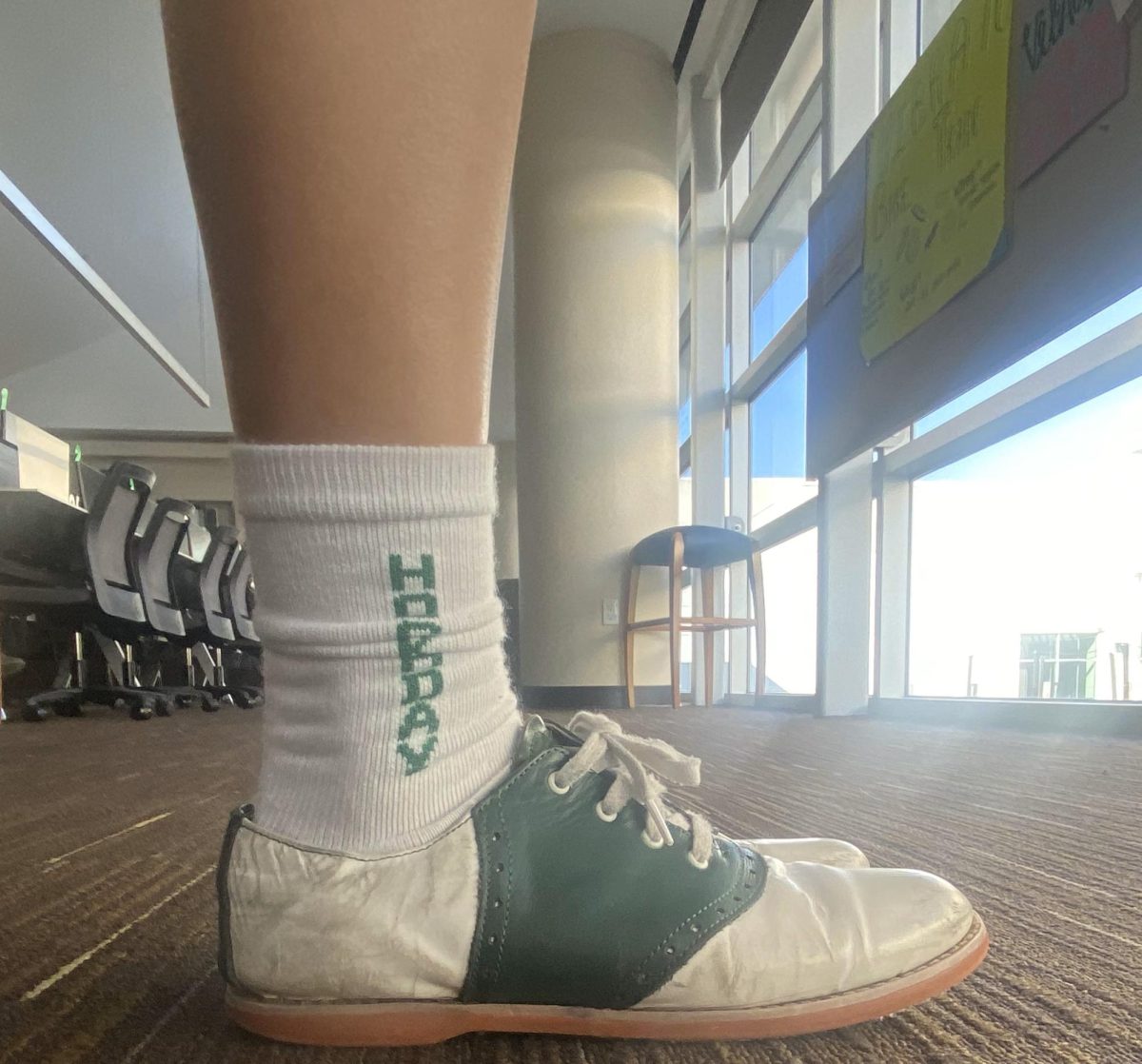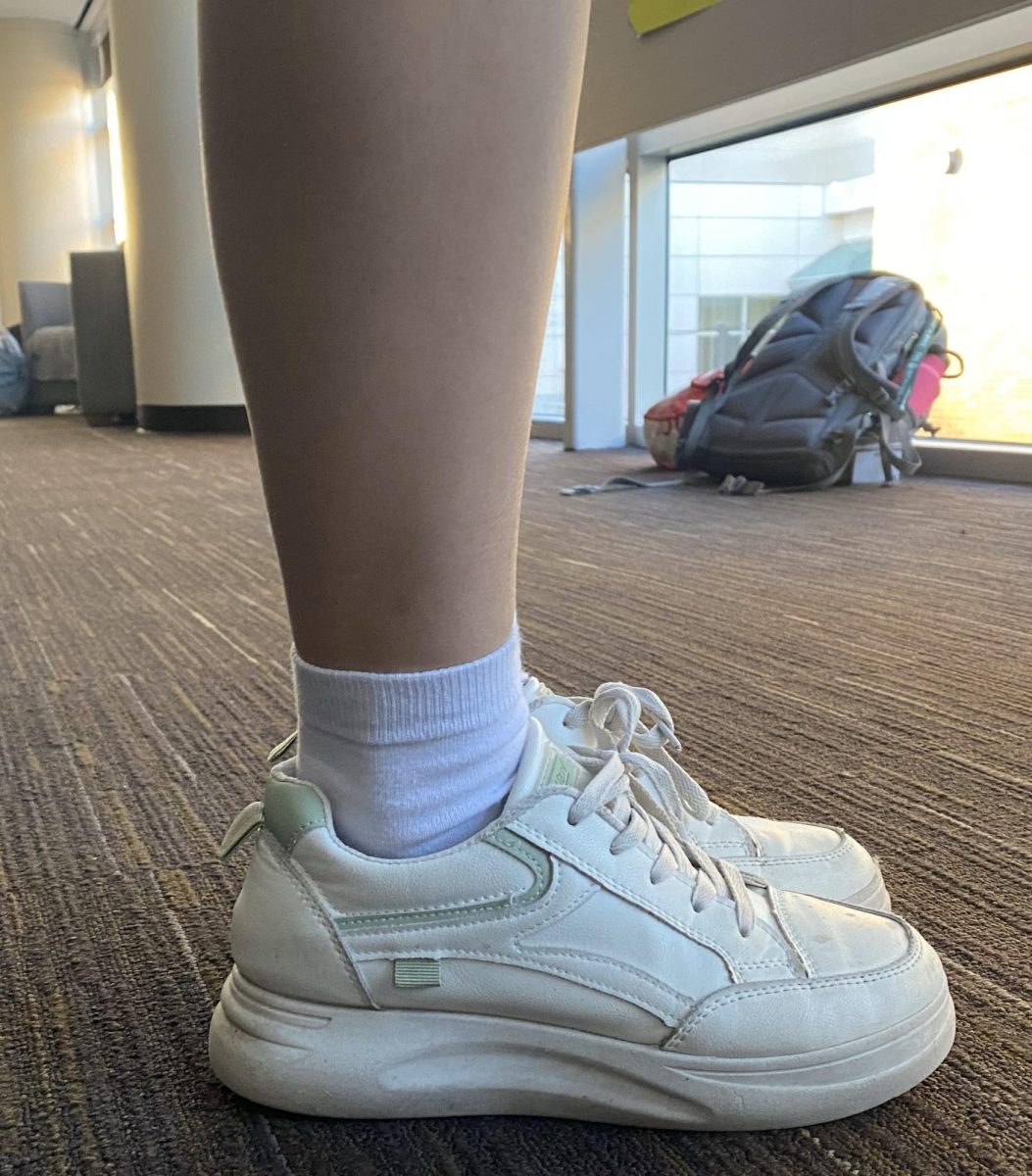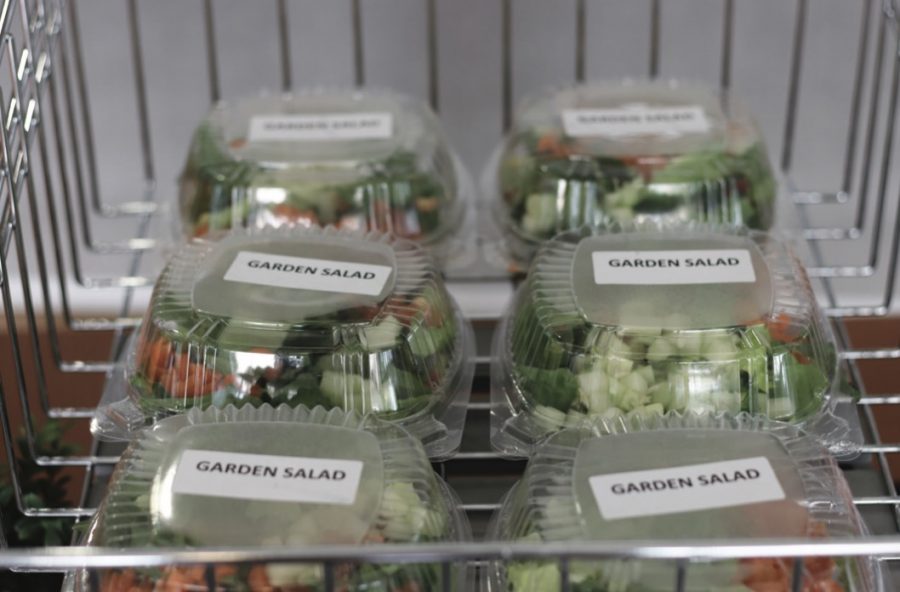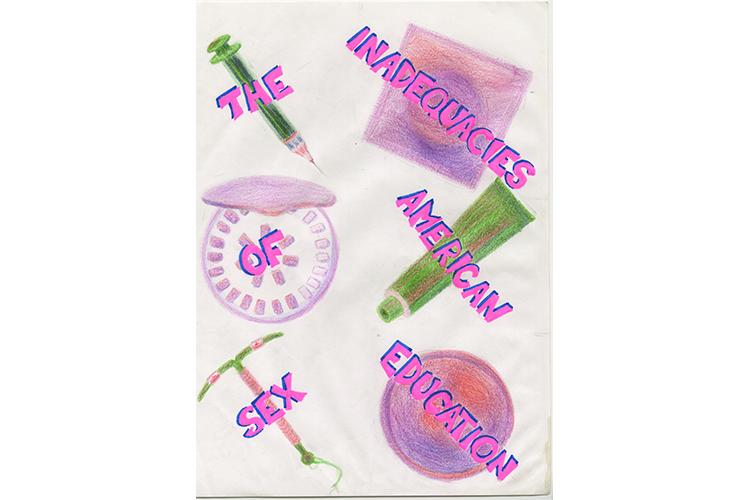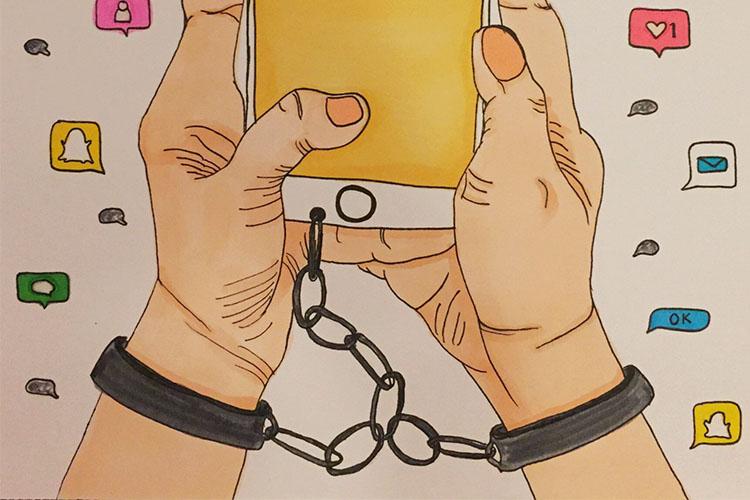Early last year, we wrote a StaffStance on the importance of rebellion. Now, it seems, we have the opportunity to watch those same themes play out in front of our very eyes. The Tunisian revolts back in January sparked a chain of similar efforts, youth-led rebellions, throughout the Arab world. At the helm of each revolt was an unlikely group: social networking websites. These proved their worth as more than just outlets for whittling away the hours, but as vital instruments capable of organizing great masses in the name of a single cause. In one country after another—Egypt, Iran, Burma, Jordan, Bahrain, Algeria, Syria, Yemen, Libya and others—the youth united and stood up against what were, in their eyes, unjust laws and oppressive governments.
First, these widespread revolutions have marked a huge leap forward in the way we use technology. Social media enabled almost half a million people in Egypt to unite and take to the streets for their cause, to find their voices, to seize their future. It enabled these people and the millions that followed to realize their own influence, their own power as individuals. It was their own innovation that led to this leap, and this leap that led to the change we see every day in the news.
As we see it, there are three possible outcomes of these revolutions. First, the rebels could fail. However unfavorable, it has happened before and, in some countries, looks as if it might happen again. Second, the rebels could win their cause and bring change in the government—whether this means an entirely new government or a tweaking of the laws. The third outcome, perhaps the worst of all, is that the rebels win their cause, but instate a new government just as bad as or even worse than the original, as was the result of the Iranian Revolution in 1979.
Because of this range of outcomes, it is difficult to judge the Revolutions of 2011. Will they result in a world that is ultimately better-off, or will everything, in the end, return to the way it was? Regardless, we believe it is equally important to consider what all of this means for the people. It is exciting to know that we, the youth of 2011, are writing history. These revolutions have shown us that we have that power, we too hold a pen, and although it will be difficult, this is something we need to remember, for indeed, this is what makes a democracy. Democracy gives a voice to all people, and in fighting for it, the youth in the Middle East have experienced it. They innovated, they gathered together, and in the end, they showed the world that they had the power to change the world.
